That for me is what distinguishes stories that are maybe good stories from stories that are deeply meaningful and really touch me. It's when I feel there's that extra work done with language. That extra work is where the heart comes in. --Askold Melnyczuk, during an October virtual event hosted by Harvard Book Store, Cambridge, Mass.
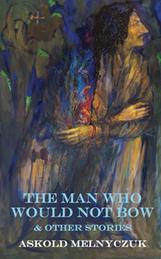
One of the perks of being citizens in the book world is that whatever direction our lives might take, some paths still intersect occasionally. Which reminds me of a short story that begins: "John the Baptist's head must be the best-traveled skull in Christendom." It's from Melnyczuk's excellent new collection, The Man Who Would Not Bow & Other Stories (Grand Iota).
Last month I attended a virtual Harvard Book Store event featuring Melnyczuk and Gene Kwak (Go Home, Ricky!, the Overlook Press) in conversation with Nina MacLaughlin. The discussion was sharp and enlightening. It also prompted me to think about chronology... and paths.
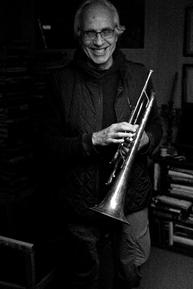
|
|
| Askold Melnyczuk | |
I've known Melnyczuk for 20 years. I've read his books, been his student (in the MFA Writing Seminars program at Bennington College) and had many conversations with him whenever our bookish paths have crossed.
As a writer, teacher, publisher and editor, his legacy dates back at least to his high school days, when he created the lit journal Agni, and continues now in his roles as author, English professor at the University of Massachusetts Boston, and at the helm of Arrowsmith Press, which he founded in 2006.
Tuesday marked the release of Arrowsmith's lead autumn title, The Silence of Your Name: The Afterlife of a Suicide by Alexandra Marshall, a perceptive and powerful read (Lit Hub published an excerpt this week), and a worthy addition to the publisher's impressive list. The book deserves a wide readership, not only on its own considerable merits, but because it speaks to Melnyczuk's vision as a publisher and the crucial work of small presses.
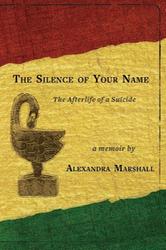 So this seemed like a good time to check back in with the boss and get his perspective on Arrowsmith's past 15 years. Melnyczuk recalled that in 2002, he had decided to leave Agni, "the journal I founded first as an underground mimeo rag in high school and reconfigured at Antioch college into a lit mag," on its 30th birthday "because I was tired of waking up every morning 10,000 pages behind in my reading."
So this seemed like a good time to check back in with the boss and get his perspective on Arrowsmith's past 15 years. Melnyczuk recalled that in 2002, he had decided to leave Agni, "the journal I founded first as an underground mimeo rag in high school and reconfigured at Antioch college into a lit mag," on its 30th birthday "because I was tired of waking up every morning 10,000 pages behind in my reading."
Four years later, the desire to publish hit him again, "thanks to a singular convergence," he said. "My friend Oksana Zabuzhko, one of Ukraine's most celebrated writers, whom I'd met in Kyiv in 1990, had been invited to PEN New York's International Conference. She was by then more novelist than poet but had no published prose available in English translation. It so happened I'd translated her novella-length story 'Girls' and published online on the Words Without Borders site.... I decided it would make a fine chapbook on its own. I then invented a publishing house, and so Arrowsmith was born."
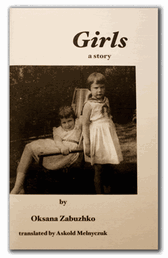 From the beginning, Melnyczuk chose relatively simple parameters that would make the project sustainable. He would publish limited print run chapbooks each season, sell them by soliciting prepublication subscriptions through direct mail, and any copies remaining would be sold at book launches he and a small team of volunteers organized surrounding each publication.
From the beginning, Melnyczuk chose relatively simple parameters that would make the project sustainable. He would publish limited print run chapbooks each season, sell them by soliciting prepublication subscriptions through direct mail, and any copies remaining would be sold at book launches he and a small team of volunteers organized surrounding each publication.
He reminded me that I took part in one of these early events, when Arrowsmith "put out a selection of Father Daniel Berrigan's poems, along with a chapbook of brief essays [Conscience, Consequence: Reflections on Father Daniel Berrigan]. That book was published in the early days about the man who remains one of my heroes. The book went public at a standing-room only event at the Friends Meeting House in Cambridge. Contributors to the volume included Howard Zinn and James Carroll, along with yourself and several UMass Boston undergrads. My goal was to make enough money back on each book to cover publication costs plus 10% which would be put toward publishing the next series of books."
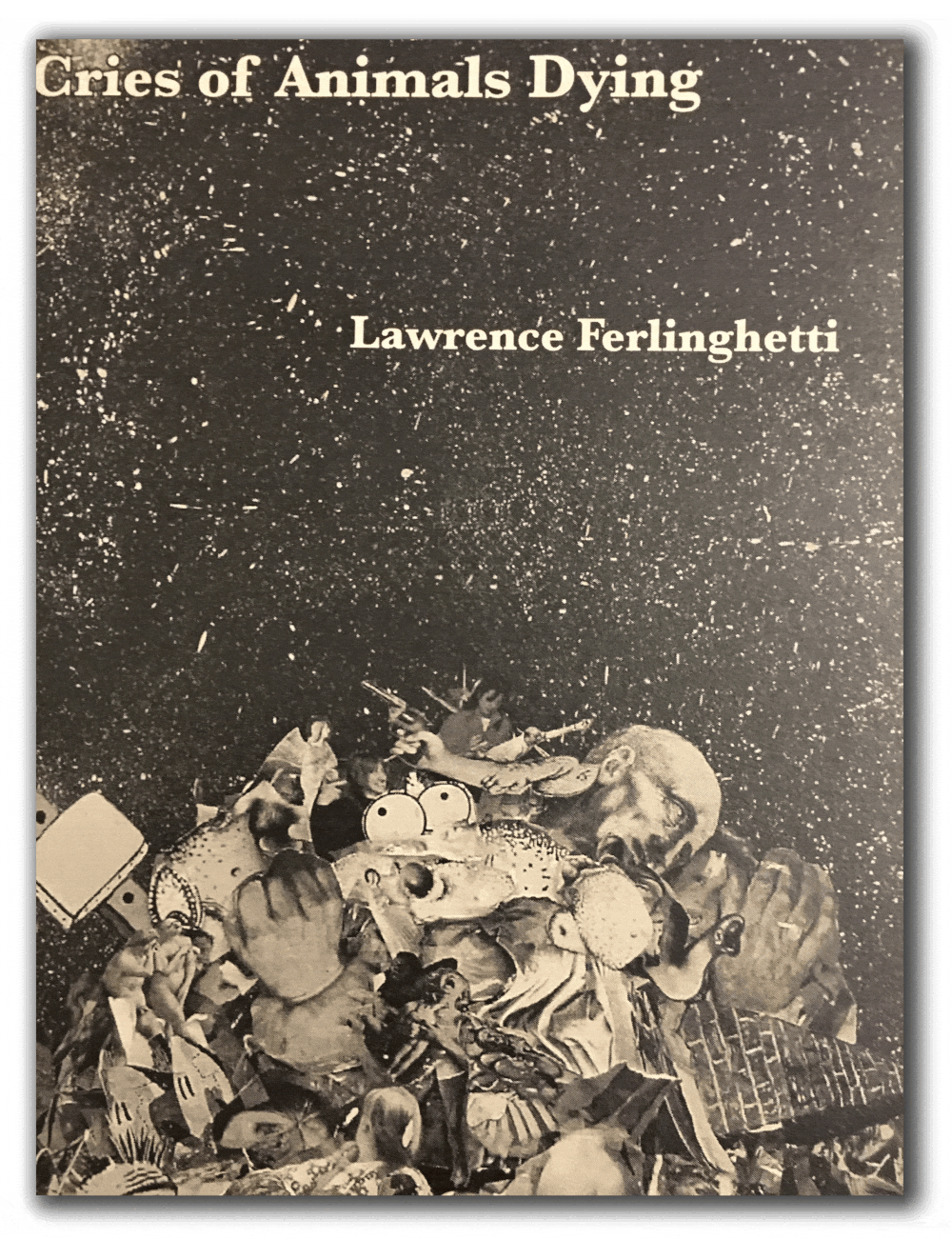 Operating on a "by invitation only" basis, Arrowsmith Press continued to publish books using the model, including titles by Tom Sleigh and Jason Shinder, as well as "a long poem by Lawrence Ferlinghetti (who, as it happens, was the first 'writer' I'd ever written to, back in high school after reading A Coney Island of the Mind)," Melnyczuk said, noting that the press has evolved since then. "As we've grown older the size and scope of our books has also grown. Within the last 12 months we will have published 10 full-length books."
Operating on a "by invitation only" basis, Arrowsmith Press continued to publish books using the model, including titles by Tom Sleigh and Jason Shinder, as well as "a long poem by Lawrence Ferlinghetti (who, as it happens, was the first 'writer' I'd ever written to, back in high school after reading A Coney Island of the Mind)," Melnyczuk said, noting that the press has evolved since then. "As we've grown older the size and scope of our books has also grown. Within the last 12 months we will have published 10 full-length books."
Last year Arrowsmith also embarked on an initiative to publish poetry from Latin America, spearheaded by Nidia Hernandez, who edited The Land of Mild Light: Selected Poems of Rafael Cadenas for Arrowsmith, as well as the upcoming Five Latin American Women Poets.
Other new projects include the online Arrowsmith Journal, which senior editor Ezra Fox persuaded him to launch, and a collaboration with the Boston Playwright's Theater on the Derek Walcott Poetry prize for a published book of poems by a writer who is not a U.S. Citizen.
The quest continues. During the Harvard Book Store event, Melnyczuk said something about writers overcoming self-doubt that seems equally applicable to running a small press: "As far as feeling like a phony, I feel like that every day until I can kind of sit down and forget this sort of self-critical, evaluative part of one's self and begin to enter into the work, into the story. That's what keeps you working, right?... Every story, every book, is a first story, a first book.... Everything presents a new challenge. And are you up to it?"

